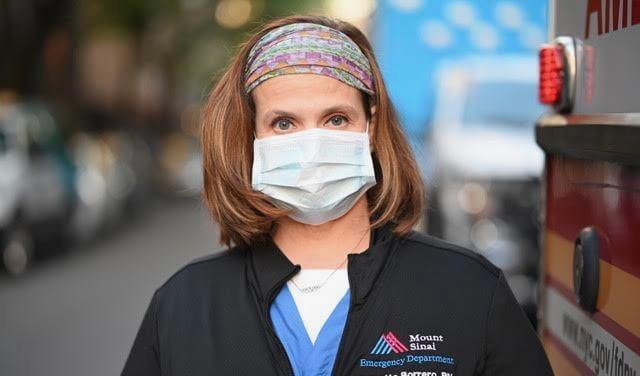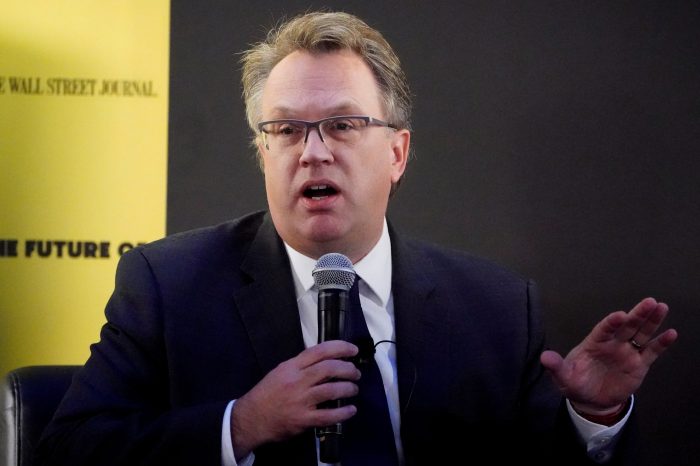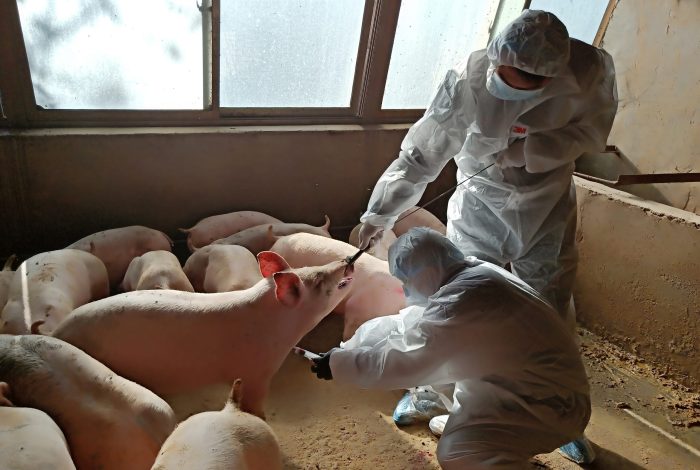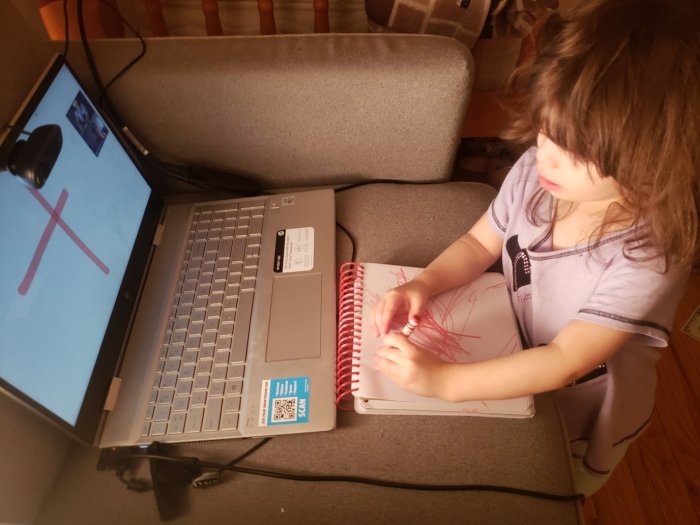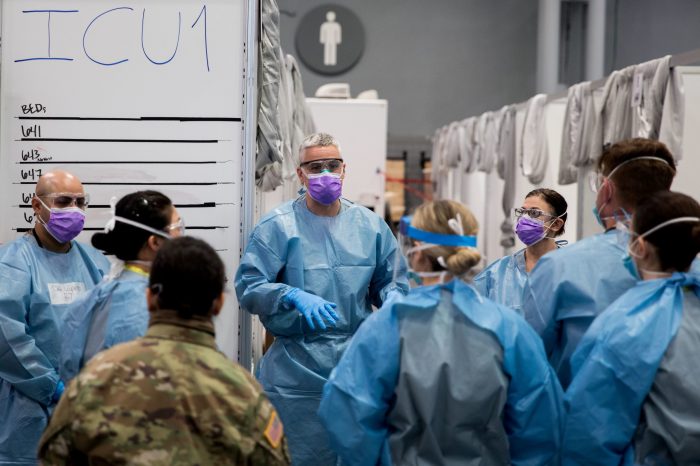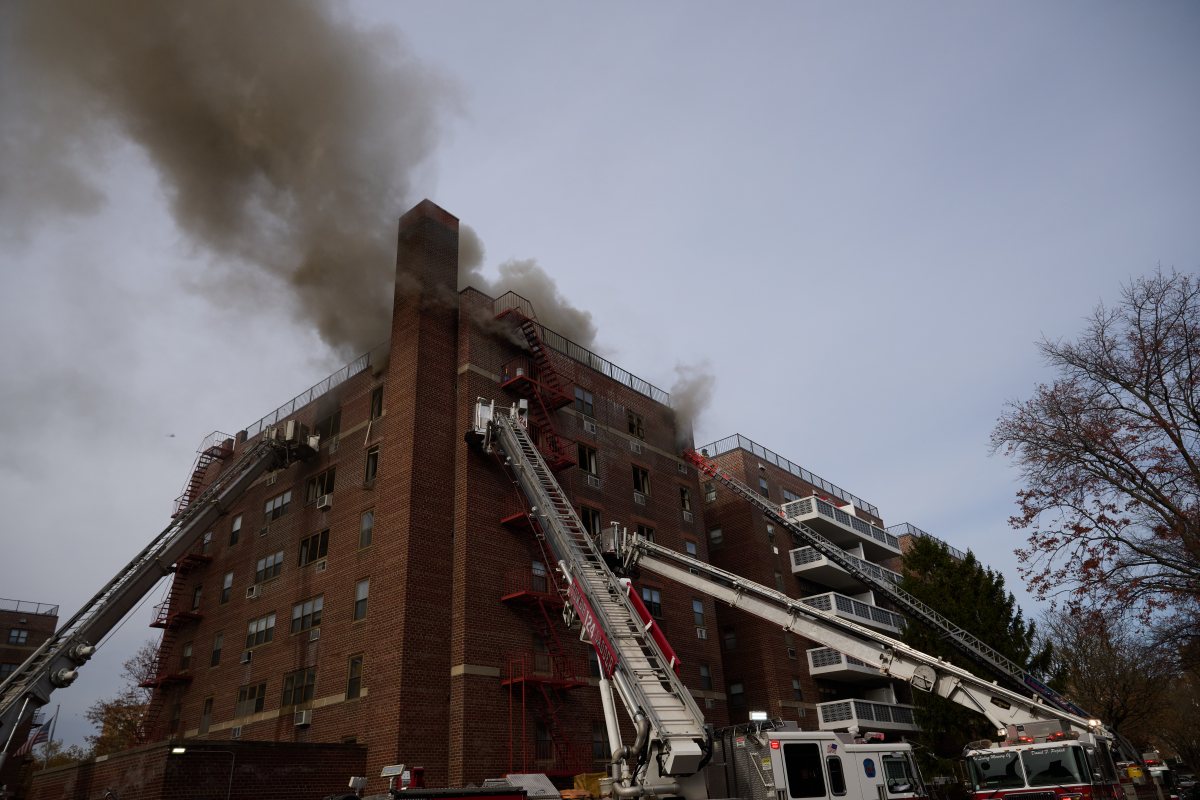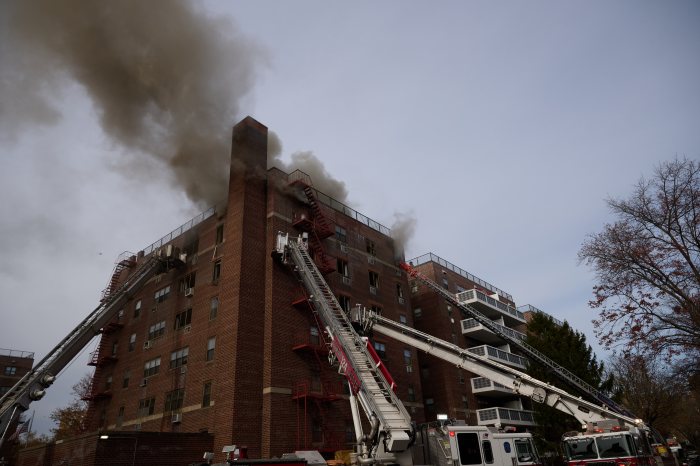Before serving on the front lines at Mount Sinai West Hospital on West 59th Street and 10th Avenue, Lyzette Borrero began her career as an EMT and while she adored helping tend to those in need, she felt the extent of her care was limited in the role.
After attending to a patient, leaving them at a medical facility without the ability to follow and facilitate in their recovery left Borrero yearning for more.
“I didn’t like the fact I dropped patients at the hospital and never knew what happened to them. I knew I was doing the right thing by leaving them in better hands, but I always wondered did they do okay. Sometimes I would wait a little while just to see how they did to make sure they were okay and that I did the right thing,” Borrero told amNewYork Metro.
With the desire to see every patient’s journey to the very end—no matter the outcome — Borrero attended nursing school which has led her to a 15-year profession as an emergency room nurse. Despite all of her training and experience, nothing could have prepared her for what was to come in 2020.
When New Yorkers initially began falling ill to COVID-19, her compassion for others stood out beyond concerns for her own safety. She worried for her colleagues, her daughter who works as EMS responder, and for the scores of patients who were rushed to the emergency room. During those early months, Borrero says the battle went by in a blurry whirlwind.
“I remember certain patients distinctly — they still stand out in my mind — but the whole thing is like a big span of time. The patient load was heavy because everyone was sick, some days were better than others,” Borrero said.
She credits her team and Mount Sinai West for providing the nurses with PPE, always having ventilators when needed, and for working together as a unit to tackle such insurmountable odds. Like soldiers in a war zone, the band of nurses worked tirelessly to save lives, even if at some points death seemed inches away in every direction.
“At one point I walked all around the ER and every single person—every single one—was on some type of support whether it was a nasal cannula or intubation. Everyone was on a type of oxygen of some kind, and I had never seen this, I had never seen where every single person on the floor needed some type of oxygen. It was really scary,” Borrero remembered.
Fighting this long war left scares of their own on Borrero.
Wearing masks and face shields for long shifts and much longer months produced redness and irritation on the surface of her nose. But the emotional strain and anxiety for others proved even greater than the physical wounds.
Returning home from work each night, Borrero would undress before entering the building and placed her scrubs in a garbage bag for fears of getting anyone in the apartment sick. But while at work she also experienced reminders of home in the direst of circumstances.
Caring for the severely ill is not easy at any time but dealing with the terrified during a global pandemic when thousands are dying all around is a burden nobody is ready to face. In addition to saving lives, nurses were also forced to become surrogate family members.
“One young girl I had — I think she was 19 — was struggling and she was really scared. She looked right at me and said: ‘I am not going to die, am I?’ I held her hand and told her we were going to do it together. I didn’t know if she was going to make but I purposefully sat with her. My daughter was the same age at that time, and she was alone — she was a baby. Nineteen is so young to be sick and alone and you want your mom. I remember standing beside her and holding her hand and telling her to breathe and telling her to take her medication, and I asked her if she wanted to pray. I don’t know what happened to her, but she stays in my mind,” Borrero said.
With the number of COVID-19 infected admitted into serious care now dwindling thanks to the vaccine rollout, Borrero felt the inoculations to be a turning point in the country’s struggle with the novel coronavirus, as well as her own personal journey back to normalcy. While she is cautiously optimistic about the future, knowing what she knows now and having seen the rapid spread, she says she cannot help but also feel a little concerned.
“I am optimistic that the worst is behind us, but I am paranoid that there is going to be something else. I just don’t want to see us as a country go through another bad time because everyone was affected by it some way whether you had it or not. I don’t want to see our country as a whole suffer again,” Borrero said.



